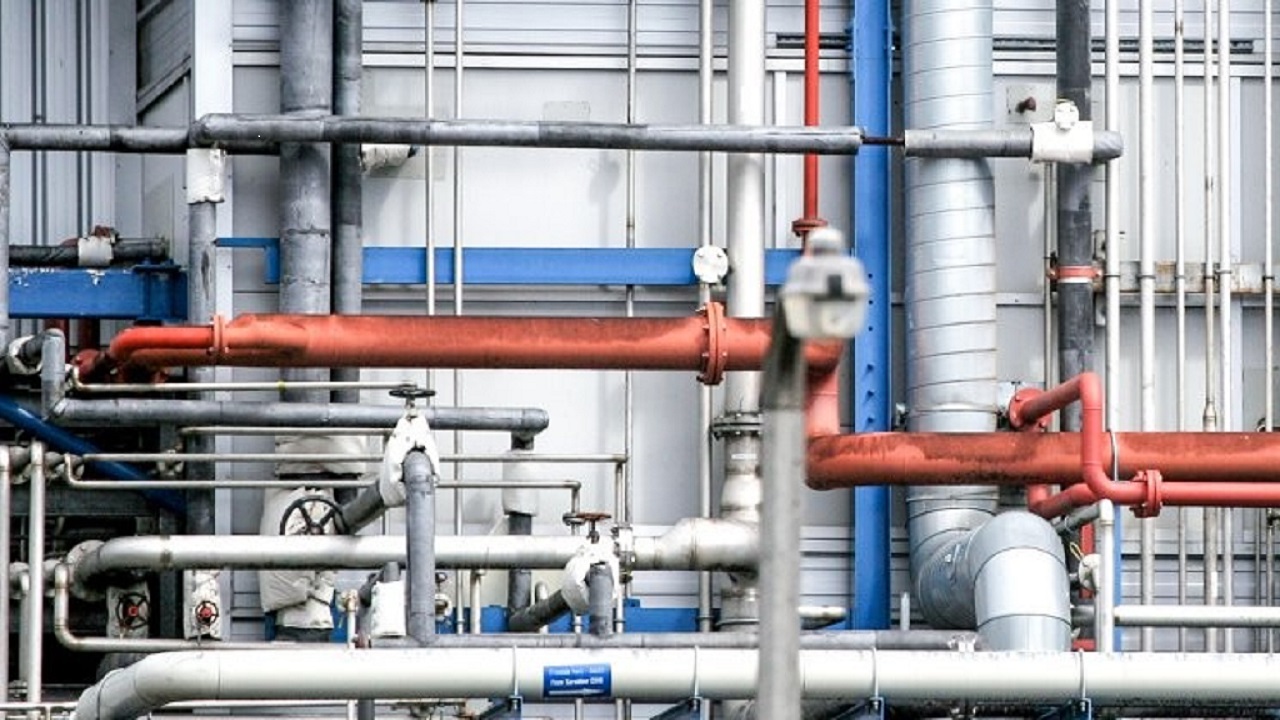In the realm of industrial and infrastructure development, the role of high-quality pipes cannot be overstated. These unassuming components play a crucial role in ensuring the seamless functioning of various processes, from transporting fluids in industrial settings to facilitating water supply in municipalities. The choice of pipes can significantly impact operational efficiency, making it imperative for industries and municipalities to invest in high-quality pipes. Explore the importance of utilizing astm a106 seamless pipe and how they contribute to enhancing operational efficiency across various sectors.
Material Matters
Selecting the right material for pipes is fundamental to their performance and longevity. High-quality pipes are often made from materials such as stainless steel, PVC, or HDPE (High-Density Polyethylene). These materials offer superior durability, corrosion resistance, and structural integrity, ensuring a longer service life. Corrosion-resistant pipes, for instance, are particularly crucial in industries where exposure to harsh chemicals is common, preventing costly repairs and replacements.
Efficient Fluid Transportation
Industries rely heavily on the seamless transportation of fluids, whether it be water, chemicals, or gases. High-quality pipes with smooth interiors facilitate efficient fluid flow, minimizing friction and reducing the likelihood of blockages. This characteristic is especially vital in industries like manufacturing and petrochemicals, where any impediment to fluid flow can disrupt operations and lead to downtime.
Minimizing Downtime and Maintenance Costs
Investing in high-quality pipes translates to reduced downtime and maintenance costs. Inferior pipes are prone to leaks, cracks, and other structural failures that necessitate frequent repairs. In contrast, robust pipes made from top-grade materials are more resistant to wear and tear, ensuring a longer lifespan and minimizing the need for costly maintenance. This not only enhances operational efficiency but also contributes to cost savings in the long run.
Environmental Considerations
High-quality pipes are designed with environmental sustainability in mind. For instance, PVC pipes are known for their recyclability, making them an eco-friendly choice. Additionally, pipes that are resistant to corrosion and degradation contribute to the reduction of waste, as they don't need frequent replacements. This aligns with the growing emphasis on sustainable practices in industries and infrastructure development.
Meeting Regulatory Standards
Industries and municipalities must comply with strict regulatory standards regarding the quality and safety of pipes used in various applications. Utilizing high-quality pipes ensures adherence to these standards, preventing legal complications and potential liabilities. Compliance not only safeguards operations but also establishes a reputation for reliability and responsibility within the industry.
Adaptability and Customization
High-quality pipes offer greater flexibility and customization options to meet specific project requirements. Whether it's designing pipes to withstand extreme temperatures or crafting them in unique shapes and sizes, top-notch pipes can be tailored to address specific operational needs. This adaptability is especially valuable in industries with diverse and specialized requirements.
Conclusion
In conclusion, the role of high-quality pipes in enhancing operational efficiency across industries and municipalities cannot be overstated. From efficient fluid transportation to minimizing downtime and maintenance costs, the choice of pipes plays a pivotal role in determining the success of various processes. By investing in pipes made from superior materials, industries not only ensure a smoother operation but also contribute to environmental sustainability and regulatory compliance. As the demand for efficiency and sustainability continues to grow, the significance of high-quality pipes in infrastructure and industrial development is set to remain paramount.


